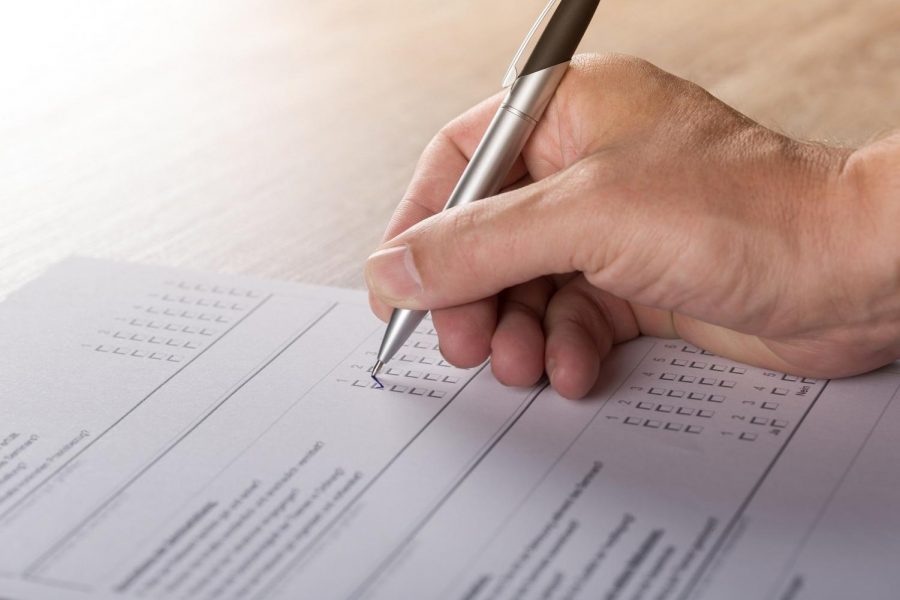Column: Low U.S. election turnout rates demand reform
November 20, 2019
As an American citizen who has lived most of his life abroad, I braced myself for a culture shock when moving back to the United States for college. I thought this shock would materialize in forgetting certain American mannerisms, slang or etiquette. I didn’t realize it would appear in the most basic of civic duties: voting.
When I arrived in Massachusetts in late August, I was excited to get back into and participate in American politics, as the upcoming 2020 U.S. elections will be my first. Soon after settling into my dorm, I eagerly went online to register to vote, as it seemed the most logical way to do so. I opened up the Massachusetts Secretary of State’s website, only to find out I could not, in fact, register online without a Massachusetts driver’s license. Instead, I had to do it the old-fashioned way: print out a form, fill it out and mail it to Boston City Hall.
I was shocked and somewhat annoyed. I knew beforehand that I had to initiate the process of registering to vote, but it seemed as though the process was difficult and archaic for such an essential feature of democracy. Further digging revealed my grievances were not unfounded — it turns out the United States remains almost alone among democratic countries by putting the burden of registering to vote on individual voters.
Elsewhere, governments either automatically register their citizens once they become eligible to vote or engage in a vigorous campaign to seek out and register eligible voters. The libertarian and individualistic stance the United States takes toward registration significantly affects its electorate: only 64 percent of the U.S. voting-age population, or VAP, was registered to vote in the latest 2016 election, compared to 91 percent in Canada, 96 percent in Sweden and 99 percent in Slovakia.
This, in turn, severely impacts voter participation, with only about 56 percent of the U.S. VAP voting in 2016. Among members of the Organization for Economic Cooperation and Development, most of which are highly developed democracies, the U.S. turnout rate ranks 26th out of 32.
To be fair, other factors also play into why the United States ranks so low in voter participation rates. Gerrymandered districts and the electoral college have been cited as main causes of voter apathy, as members of the minority political party in non-competitive areas might not see the point of voting in an election whose result is already determined.
However, unlike the above factors, the problem of voter registration being put on the individual is relatively easy to fix and politically feasible. The solution lies with automatic voter registration. Under this system, eligible voters are automatically registered to vote when they interact with government agencies like the Department of Motor Vehicles.
Streamlining the voter registration process so that it becomes integrated with other government processes removes a bureaucratic hurdle that could boost U.S. civic participation. All of the 18 states that have already implemented automatic voter registration report large increases in their voter rolls, ranging from 9 percent to 94 percent.
Automatic voter registration also retains broad bipartisan support, with the policy being passed in Republican states like Georgia and West Virginia, controlled by a political party often accused of engaging in voter suppression. And the momentum is increasing. Since the 2018 midterm elections, at least 230 bills have been introduced in over 30 states to make it easier for Americans to vote. Some of the policies include automatic and online voter registration, same-day registration and vote-by-mail.
Unnecessarily convoluted voter registration processes are a stain upon American democracy. Removing barriers that restrict suffrage is vital to a healthy and representative democracy, as increased voter participation in elections has the ability to increase political, racial and gender representation in politics. It’s time for the United States to be the democracy it claims to be and unequivocally grant all of its citizens the fundamental right to vote.







